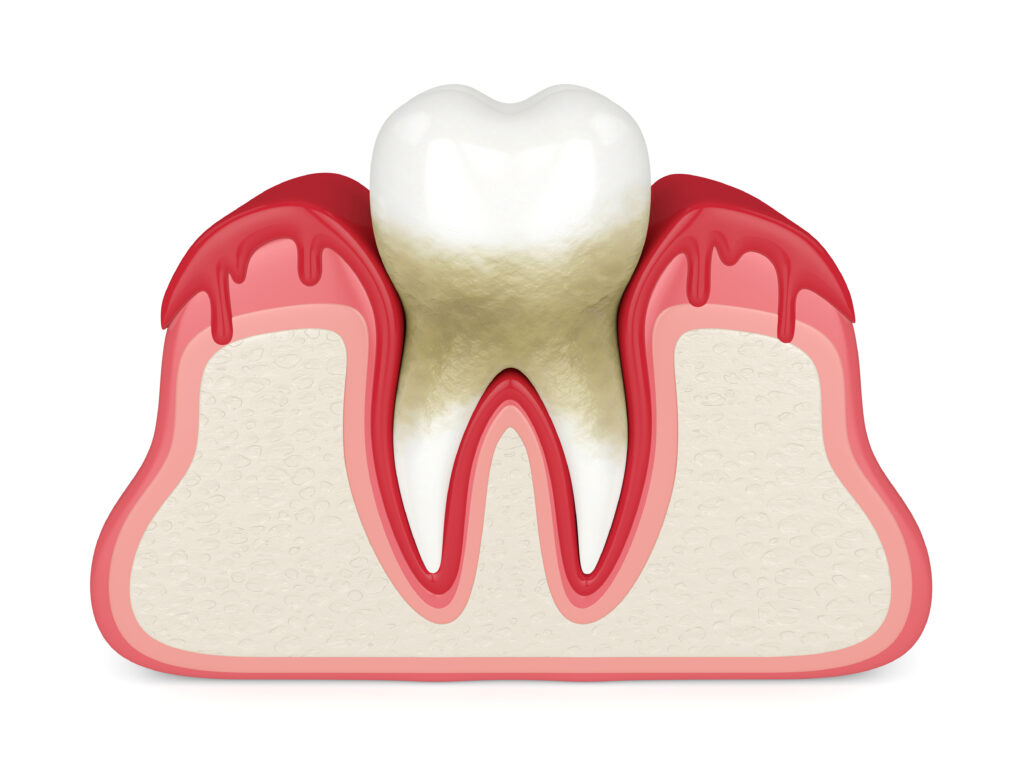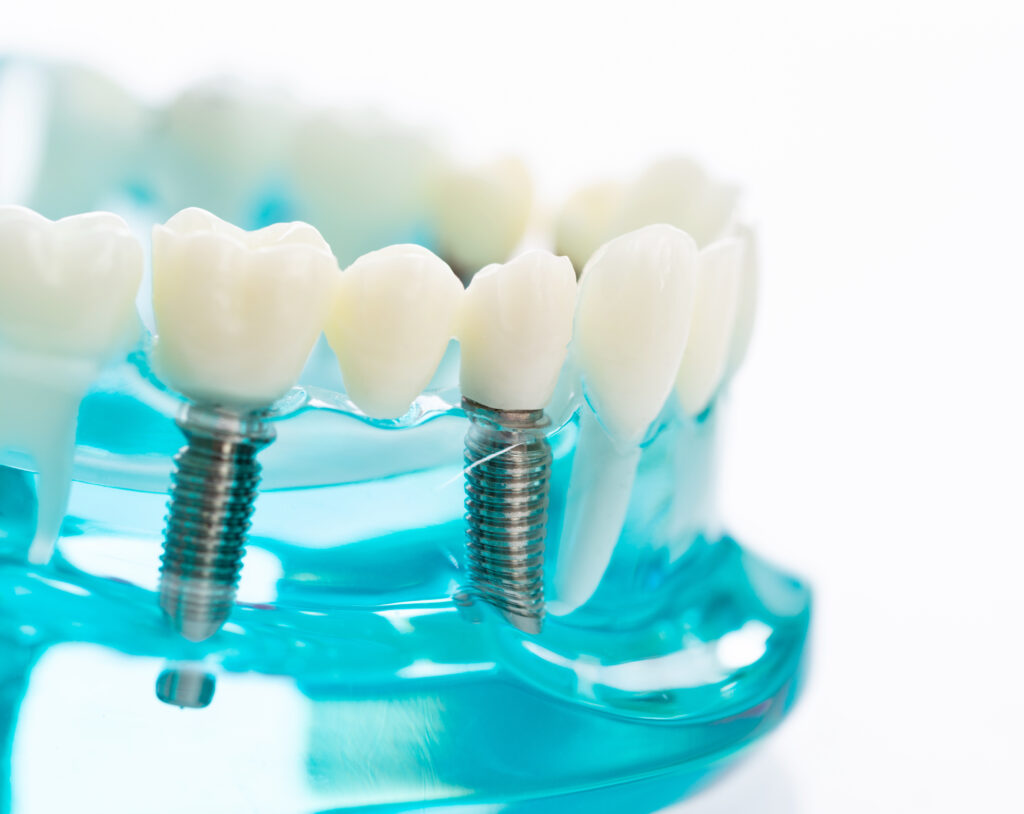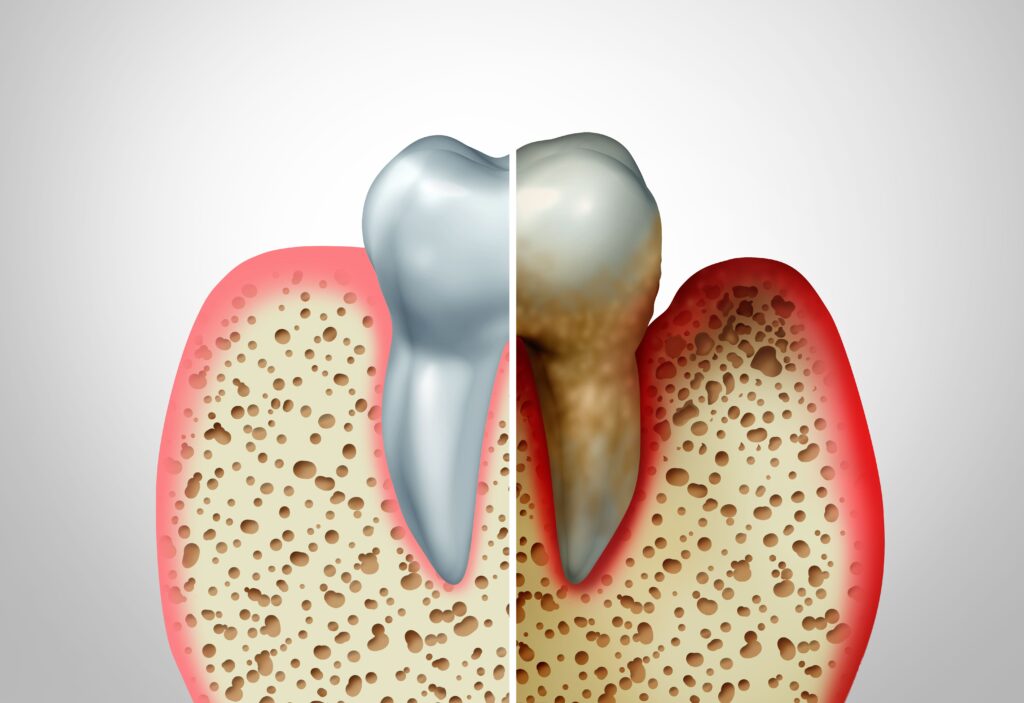
If the idea of biting into an ice cream cone or swilling a cold drink makes you cringe, you may be one of the millions of people who suffer from sensitive teeth. Causes include tooth decay, worn enamel or fillings, cracked teeth, and exposure of tooth roots due to aggressive brushing, receding gums or periodontal (gum) disease.
These conditions trigger sensitivity in several ways. One is movement of fluid in the dentin, the soft inner tissue beneath tooth enamel. The motion can irritate the tooth nerve, creating a tingling sensation and sometimes sharp pain.
Another common cause of tooth sensitivity occurs when the tiny tubes (tubules) of fluid in the dentin become exposed. This makes them vulnerable to temperature extremes, acidity, or contact with air through mouth breathing. This condition often results from excessive tooth wear, receding gums, periodontal disease, or physical damage to the tooth.
Temporary Causes of Sensitive Teeth
Teeth whitening and orthodontic treatment may cause temporary teeth sensitivity. In most cases, this will disappear within a week or two. In severe cases of sensitivity, however, the tooth nerve itself may be exposed, causing severe pain and irritation and requiring immediate treatment.
What Can You Do About Tooth Sensitivity?
If you are suffering from sensitivity in your teeth, tell your dentist or hygienist at your next visit. They may need to screen for more serious underlying causes that could need treatment. They will also be able to recommend the best method of managing your discomfort.
Is Teeth Sensitivity Preventable?
Some forms of sensitivity are preventable, such as overly aggressive brushing. This can cause higher levels of enamel abrasion and gum recession, two problems that can lead to increased sensitivity. If you participate in sports, always wear a mouthguard to protect your teeth from trauma: chipped and cracked teeth often become sensitive.
After serious underlying issues have been ruled out, you can help to manage mildly sensitive teeth with special toothpastes that are designed for this purpose. If these do not provide sufficient relief, ask us whether a prescription product may be needed.
In very severe and persistent cases of tooth sensitivity, root canal therapy, crowns, filling replacements, or gum grafts may provide permanent relief.
If you experience tooth sensitivity, we have options. Regular checkups are an important part of identifying the causes of teeth sensitivity — such as periodontal disease, tooth decay, and other issues — as early as possible. Contact our Alexandria dental team today to schedule an appointment.











